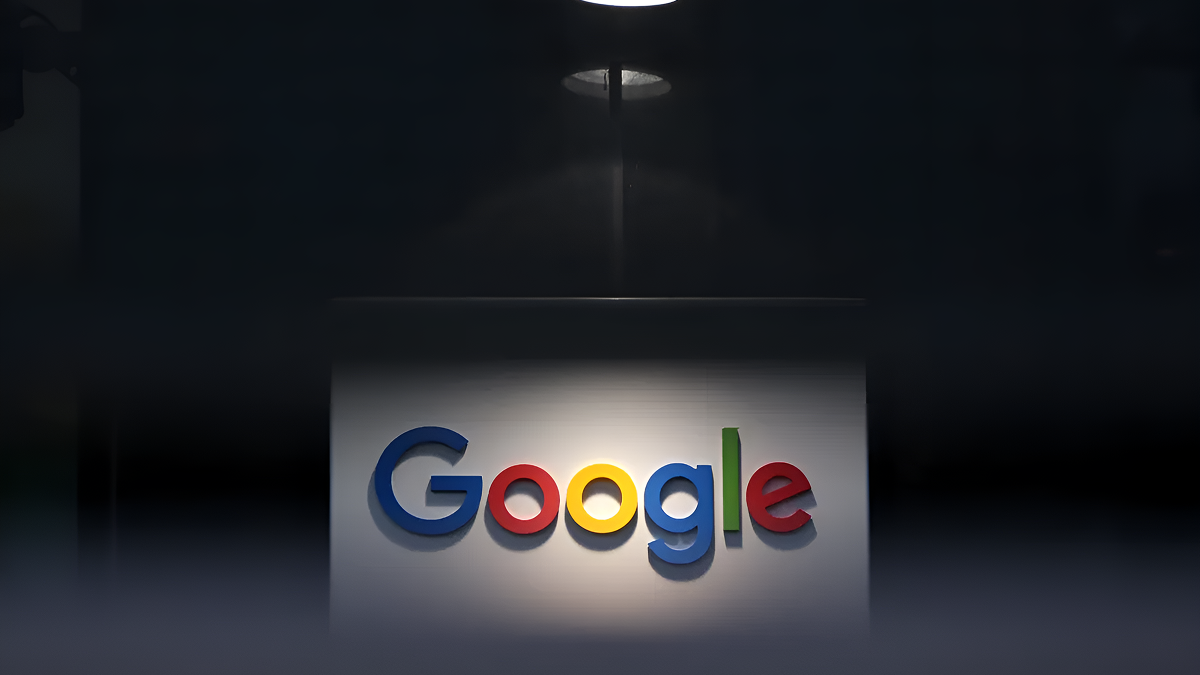Necessary Always Active
Necessary cookies are required to enable the basic features of this site, such as providing secure log-in or adjusting your consent preferences. These cookies do not store any personally identifiable data.
|
||||||
|
||||||
|
||||||
|

Search giant Google is set to sign the EU AI code of practice. According to Reuters, the code is designed to help tech companies comply with EU’s AI rules. Although the US tech giant has agreed to sign the Google AI code of practice, it raised concerns about the impact that the EU rules might have on innovation.
While agreeing to sign the EU AI code of practice, Google said it expects the EU to facilitate broader user access to AI tools.
“We will join several other companies, including U.S. model providers, in signing the European Union’s General Purpose AI Code of Practice. We do so with the hope that this Code, as applied, will promote European citizens’ and businesses’ access to secure, first-rate AI tools as they become available. Prompt and widespread deployment is important. Europe stands to gain significantly, potentially boosting its economy by 8% annually by 2034,” Chief Legal Officer at Alphabet Kent Walker said in an online post.
Earlier this month, the European Commission said the Code of Practice will be effective by the end of 2025. The code of practice was developed by 13 independent experts as a way of providing legal certainty to signatories. The code provides guidelines for adhering to the EU AI Act like providing summaries of content that tech companies use to train their AI models.
Google raised concerns that the code of practice and AI Act could slow EU’s AI development and deployment.
“In particular, departures from EU copyright law, steps that slow approvals, or requirements that expose trade secrets could chill European model development and deployment, harming Europe’s competitiveness,” Walker added.
Google and OpenAI are among the first US-based tech giants to sign Europe’s AI policy. Microsoft has underscored the need for industry-level cooperation with the AI Office in Europe.
The Windows maker is expected to follow in Google’s footsteps and sign the code after its President, Brad Smith confirmed earlier this month.
On the contrary, Meta has stated that it will not sign the AI code citing legal uncertainties for AI model developers.
“Meta won’t be signing it. This Code introduces a number of legal uncertainties measures which go far beyond the scope of the AI Act,” Meta’s Chief Global Affairs Officer Joel Kaplan said.
Meta’s decision not to sign the code highlights a significant divergence between US techs that are seeking to collaborate with regulators in the EU and resistant ones amid strict compliance fears. Earlier this year, policy chiefs from Meta and Google criticized EU AI regulations saying they are slowing down growth of the AI industry in Europe.
As the EU prepares to enforce the GPAI obligations, Google has confirmed that it has not been affected by the UK surveillance push. Early this year, the UK Home Office sought a court order at the country’s surveillance court to compel Apple to grant UK authorities access to end-to-end encrypted cloud data.
The UK government has halted demands on Apple requiring it to develop a secret backdoor to give its authorities access to customer data globally. This happened after the US government responded harshly to the demand. A lawmaker in the US sought to know whether the UK had also sent the secret backdoor demand to other tech giants, including Google.
Although Google has not responded to the lawmaker directly, the search giant has told media outlets that it has not received such demands. In the UK, tech firms like Apple that are subject to orders of the secret surveillance court are prohibited from disclosing details of the order or its existence.
Apple has appealed the UK secret surveillance order. However, critics have condemned it, terming it draconian and one that would have a huge impact on user privacy globally.